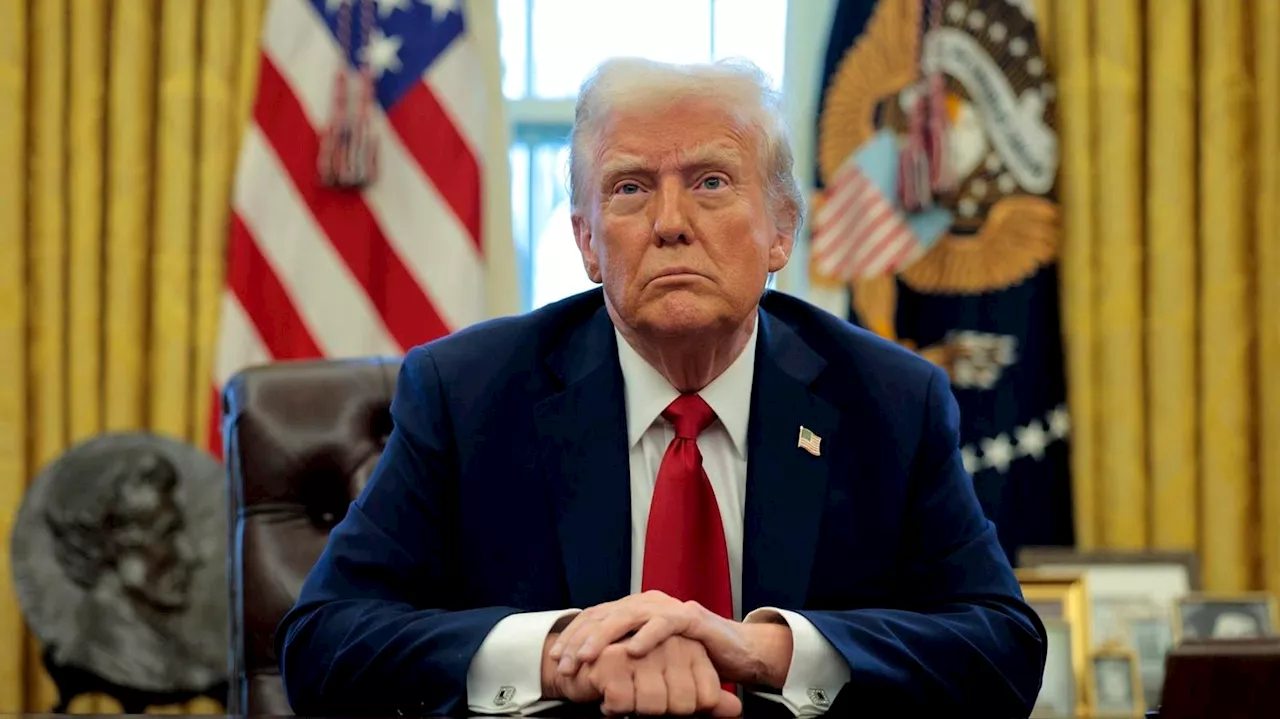In a recent social media post, former President Donald Trump indicated plans to potentially halt nearly all legal immigration to the United States. This announcement follows a violent incident in which an Afghan national killed a National Guard member in Washington, D.C. Trump’s remarks suggest a shift toward strict immigration policies reminiscent of those enacted during his first term.
On November 24, 2025, Trump stated, “Even as we have progressed technologically, Immigration Policy has eroded those gains and living conditions for many.” He outlined a series of proposed measures, including terminating all illegal admissions under the current administration and deporting individuals deemed incompatible with American values. Trump emphasized the need for “REVERSE MIGRATION” as a solution to what he perceives as an immigration crisis.
Connections to Previous Policies
Analysts speculate that the tone and content of Trump’s post may reflect the influence of Stephen Miller, his former advisor known for advocating stringent immigration measures. Miller has previously cited historical legislation, such as the 1924 Immigration Act, which severely restricted immigration from numerous countries, as a framework for current policies. Critics argue that this act had negative social consequences, particularly for Jewish refugees during World War II.
During his presidency, Trump enacted various immigration restrictions, including a proclamation in April 2020 that suspended the entry of most immigrants and temporary visa holders. Although some litigation challenged these measures, the overall impact on immigration processes was muted due to the ongoing effects of the COVID-19 pandemic.
The latest social media comments could signal a renewed push for similar restrictions, potentially affecting a broad range of countries and demographic groups. This shift has raised concerns among economists and policymakers about the implications for the U.S. economy, particularly regarding the labor force.
Economic Implications
According to recent analyses, the Trump administration’s immigration policies could lead to a decrease of approximately 6.8 million workers in the U.S. labor market by 2028, with further reductions projected by 2035. Such changes could lower the annual rate of economic growth by nearly one-third, adversely affecting living standards in the United States.
The report highlights that immigrants play a crucial role in labor force and productivity growth. Economists have noted that foreign workers, particularly in science, technology, engineering, and mathematics (STEM) fields, contributed significantly to productivity improvements from 1990 to 2010. As outlined by researchers Giovanni Peri, Kevin Shih, and Chad Sparber, these inflows account for a substantial portion of the nation’s economic expansion during that period.
Trump’s proposed measures could also have unintended consequences for U.S. businesses that rely on immigrant labor. Many companies face challenges in hiring and retaining qualified employees, which could be exacerbated by further restrictions on legal immigration.
U.S. Citizenship and Immigration Services (USCIS) has already begun implementing policies that may hinder the ability of many individuals currently in the U.S. to obtain or maintain permanent residency. This follows the shooting incident involving Rahmanullah Lakanwal, an Afghan national who had previously been granted asylum.
In response to the incident, USCIS has revised its guidance to assess applicants based on country-specific factors. This has raised concerns about collective punishment and the fairness of targeting specific nationalities, particularly in light of the low incarceration rates among Afghan immigrants in the U.S.
Trump’s latest statements may signal a broader strategy that could affect not just Afghan nationals, but immigrants from various countries categorized as “Third World.” This could further complicate the already challenging landscape for those seeking to immigrate or reunite with family members in the United States.
While Trump maintains that these policies are necessary for national security and economic stability, the potential ramifications for American families and the labor market remain significant. The discussion around immigration continues to evoke strong opinions and underscores the complexities of balancing security concerns with the economic benefits of a diverse workforce.
